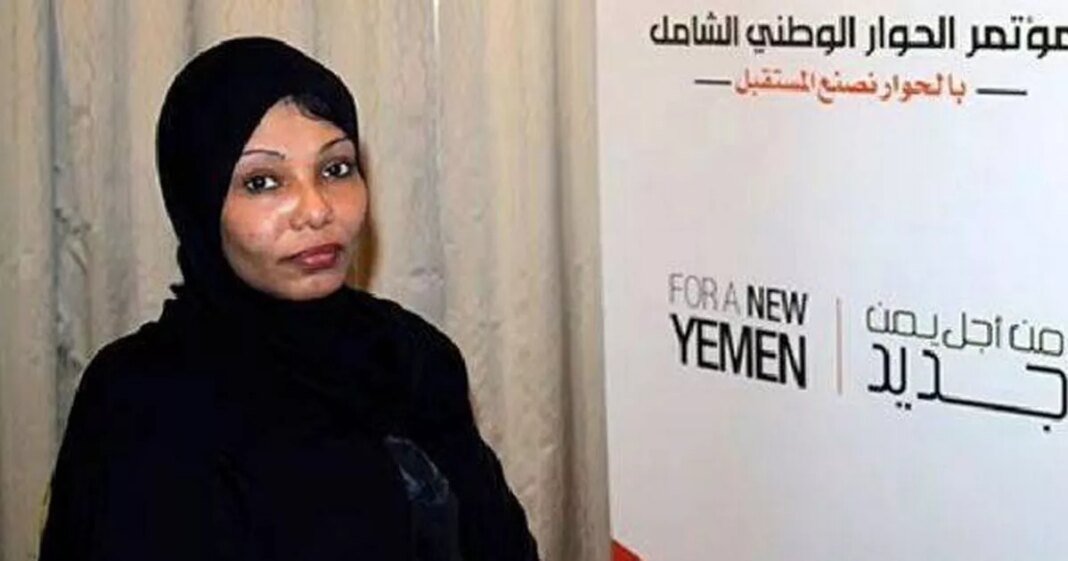At the age of 11, Noora Al Shami found herself in adult attire, oblivious to the harrowing experience awaiting her that night when her 35-year-old cousin, who would become her husband, took her home to commit assault.
In a three-day festivity in Al Hudaydah, Yemen, young Noora delighted in wearing “three exquisite dresses” at a family gathering, only to later endure years of sexual abuse at the hands of Mohammed Al Ahdam.
Although dressing up seemed harmless to innocent Noora, it foreshadowed the trauma ahead. Recalling the events, Noora, now 47, shared with The Guardian, “I was permitted to wear adult clothing, jewelry, and accept gifts. However, I never imagined I would fall victim to a violent criminal.”
The first time Al Ahdam exposed himself to Noora, she fled. Despite managing to evade the assault for ten days, pressure from Al Ahdam’s sisters alleging that she had shamed their brother by rejecting him led to the horrific incident.
Following the rape, Noora experienced shock, as she was rushed to the hospital, treated as a mere object of desire despite being a child. The abuse persisted, with Noora’s complaints falling on deaf ears as she was legally considered a wife.
In 1989, at the tender age of 11, Noora married Al Ahdam, a significantly older distant cousin. Reflecting on the marriage, she expressed, “He was three times my age and viewed marriage as a license to act in an immoral manner.”
UNICEF’s 2021 report revealed a staggering 4 million child brides in Yemen. Years later, data from Human Rights Watch in 2006 disclosed that 14% of Yemeni girls were wed by 15, with over half married before reaching 18.
Families often marry off daughters to alleviate financial burdens in exchange for a dowry, despite limited protection under Islamic law for young girls.
Recalling her experience, Noora shared, “My husband provided a dowry of around $150, a substantial sum. However, the fear and horror set in after the wedding. Separated from my parents, I was left with a stranger in a house that soon became a place of dread and tears.”
Noora endured two miscarriages within a year before giving birth to her son Ihab at the age of 13. Subsequently, her daughter Ahlam arrived when she was 14, followed by son Shihab at 15, each pregnancy fraught with complications.
Al Ahdam’s brutality escalated over time. Noora recounted, “He didn’t hesitate to strike me, even during pregnancy. His father’s presence provided some restraint, yet I still suffered severe injuries.”
Tragically, Al Ahdam subjected their children to his cruelty, inflicting harm on their daughter Alham, resulting in a hospital visit after a violent incident.
After enduring a decade of abuse, Noora sought solace in a support program by Oxfam and the Yemeni Women’s Union, which assists domestic violence survivors. She bravely pursued a divorce, although the battle for financial support to raise her children ensued.
Demonstrating resilience, Noora resumed her education, became a qualified teacher, and now actively advocates for stricter laws against child marriage.
Refusing to be shackled by her past, Noora emphasized the need for substantial cultural transformation beyond legal reforms. She acknowledged the challenges in tribal communities and highlighted her mother’s early marriage experiences, underscoring the prevalence of such practices.
Despite ongoing efforts to raise the legal marriage age to 18, the enduring physical and emotional scars often last a lifetime, exacerbated by the lack of a minimum marriage age in Islamic law and opposition from Yemeni clerics to statutory restrictions.
Notably, 30% of Yemeni girls marry before 18, with 7% wed before 15, according to Girls Not Brides.
If the content has affected you, assistance is available through SARSAS at info@sarsas.org.uk or guidance from the NHS for support following rape or sexual assault.

